The notion of disqualifying former President Trump from future participation in public office has sparked extensive debate and legal scrutiny, as articulated by conservative legal scholars Baude and Paulsen. Their argument revolves around the constitutional prohibition outlined in Section Three of the 14th Amendment.
The Disqualification Clause and Capitol Riot
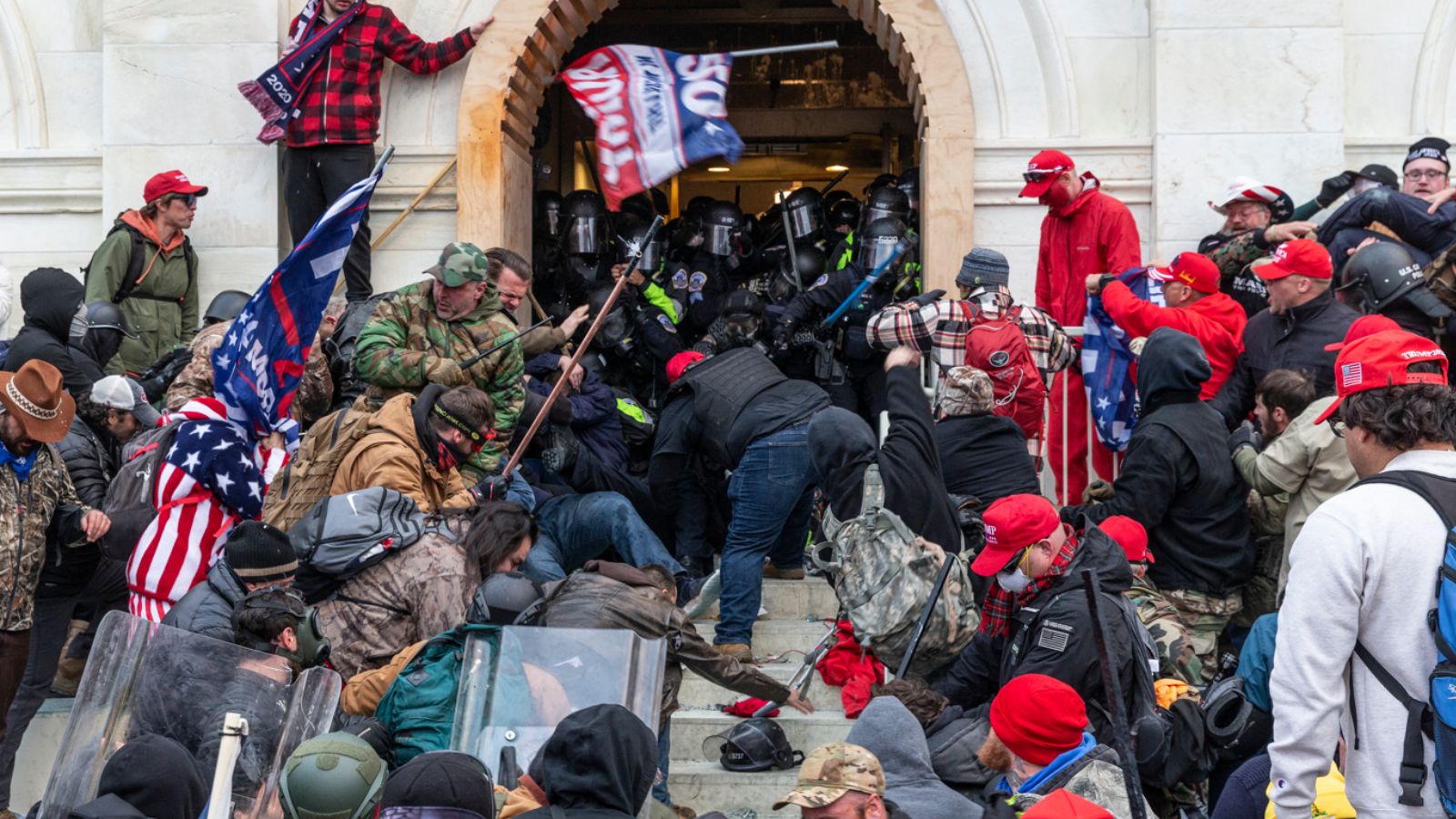
Section Three, known as the Disqualification Clause, explicitly prohibits any government official involved in an insurrection against the United States from holding public office. This clause doesn’t necessitate a criminal conviction but focuses on an oath to defend the Constitution.
Role of the Disqualification Clause

Baude and Paulsen’s legal analysis emphasizes the clause’s enduring significance and self-executing nature, asserting that its enforcement doesn’t require additional action by Congress. They stress the obligation of all officials, at state and federal levels, to assess qualifications in line with Section Three. They argue that the actions taken by Trump during January 6th “was undoubtedly a serious assault on the American constitutional order. Not since the Civil War has there been so serious a threat to the foundations of the American constitutional republic.”
Precedents and Legal Implications

Legal precedents, such as the case in New Mexico, demonstrate the clause’s enforceability, underlining its application in disqualifying officials involved in attempts to overturn elections and breach constitutional order.
Understanding Section Three’s Scope
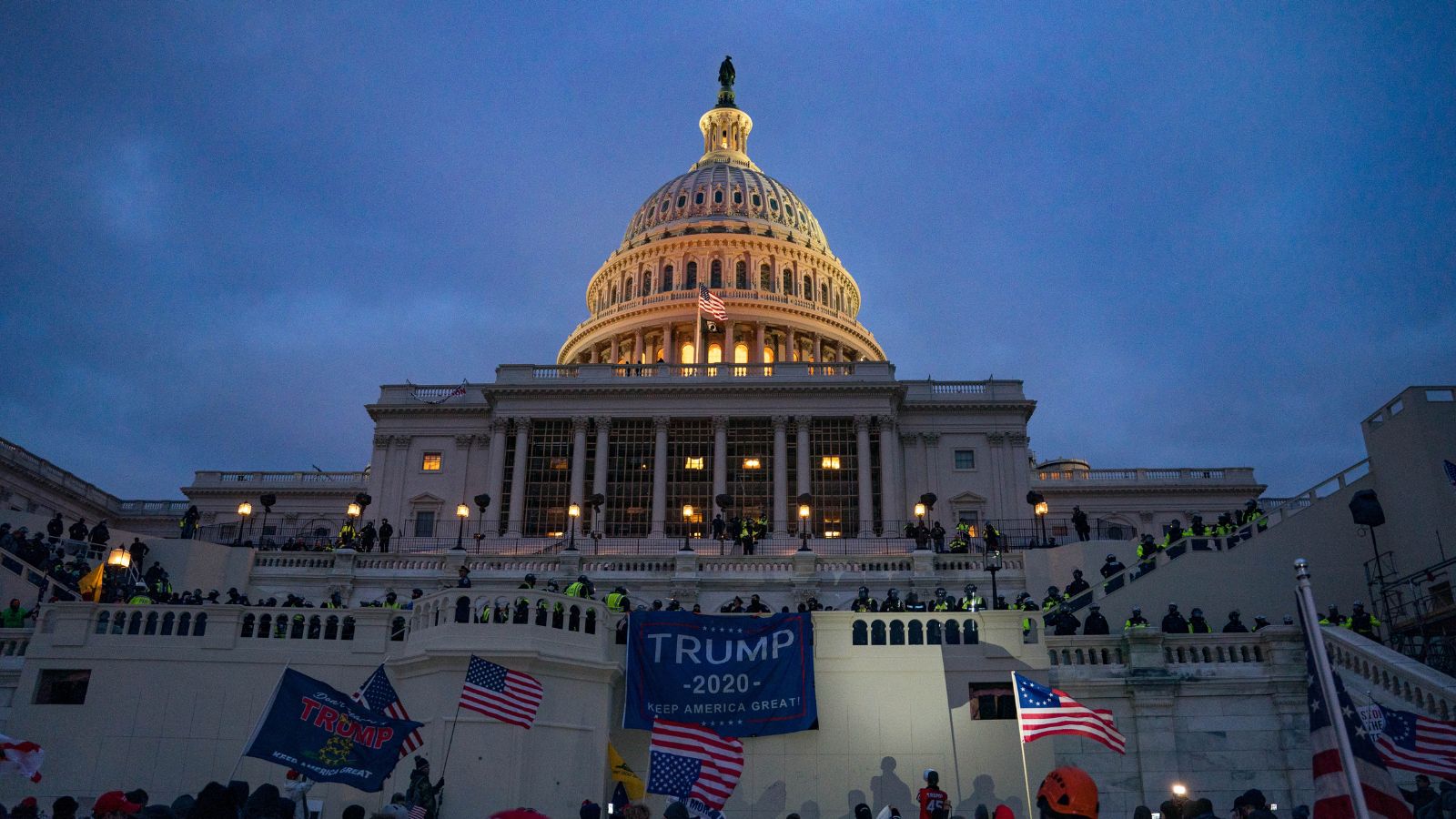
Baude and Paulsen clarify that the clause doesn’t impinge upon the right to protest, countering attempts to equate the events of January 6 with other demonstrations. They emphasize that the Disqualification Clause encompasses a broad spectrum of actions against the constitutional order.
Accountability and Constitutional Oaths

The enforcement of Section Three is not a partisan issue but a means of upholding the oath every official takes to protect and defend the Constitution. It stands as an embodiment of patriotism rather than political bias.
Baude and Paulsen’s Assertion
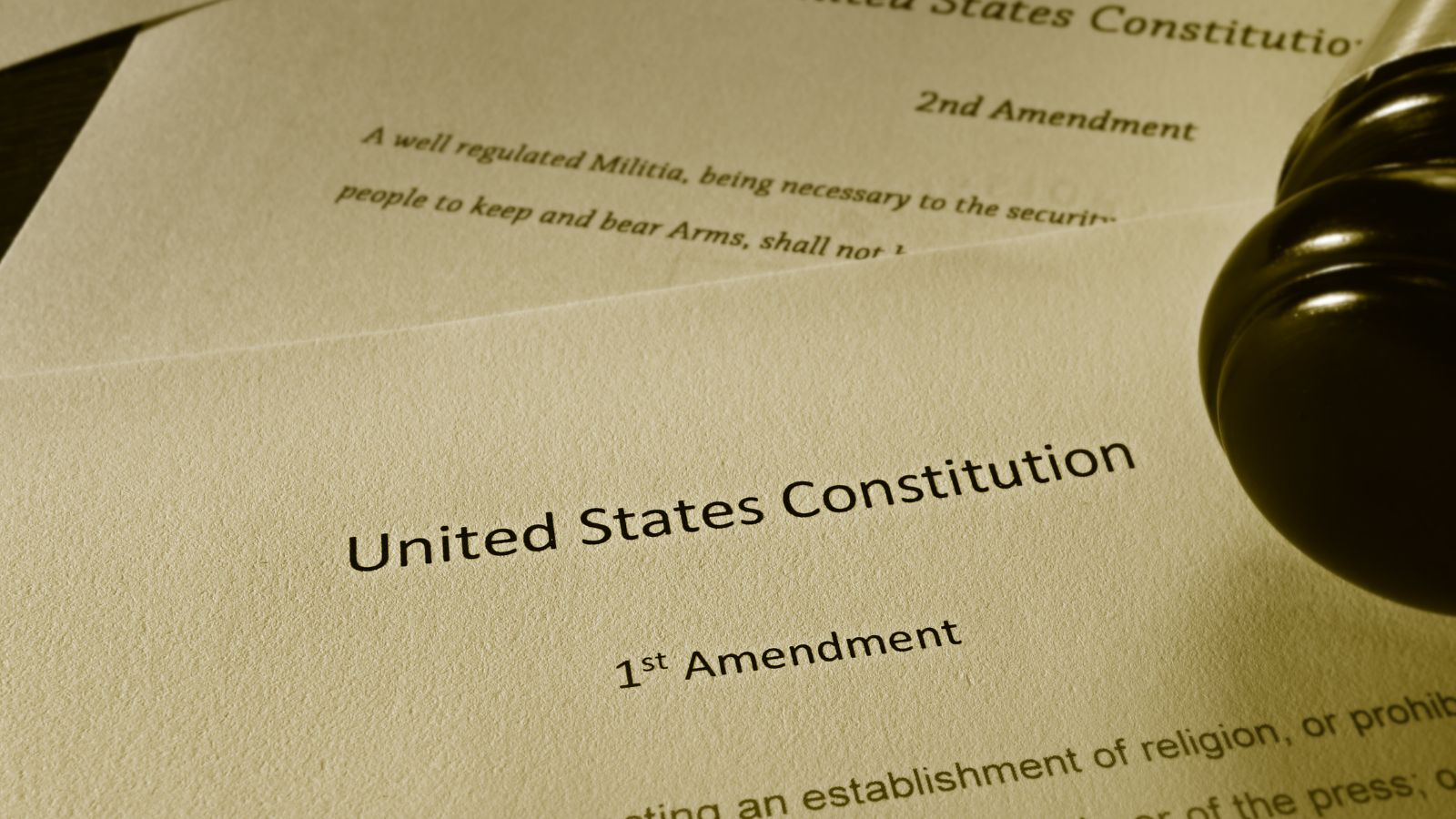
The scholars affirm that officials must enforce the Constitution as it carries legal authority, underlining the necessity of holding individuals accountable for breaching the oath to safeguard the constitutional order.
Criminal Charges and Disqualification
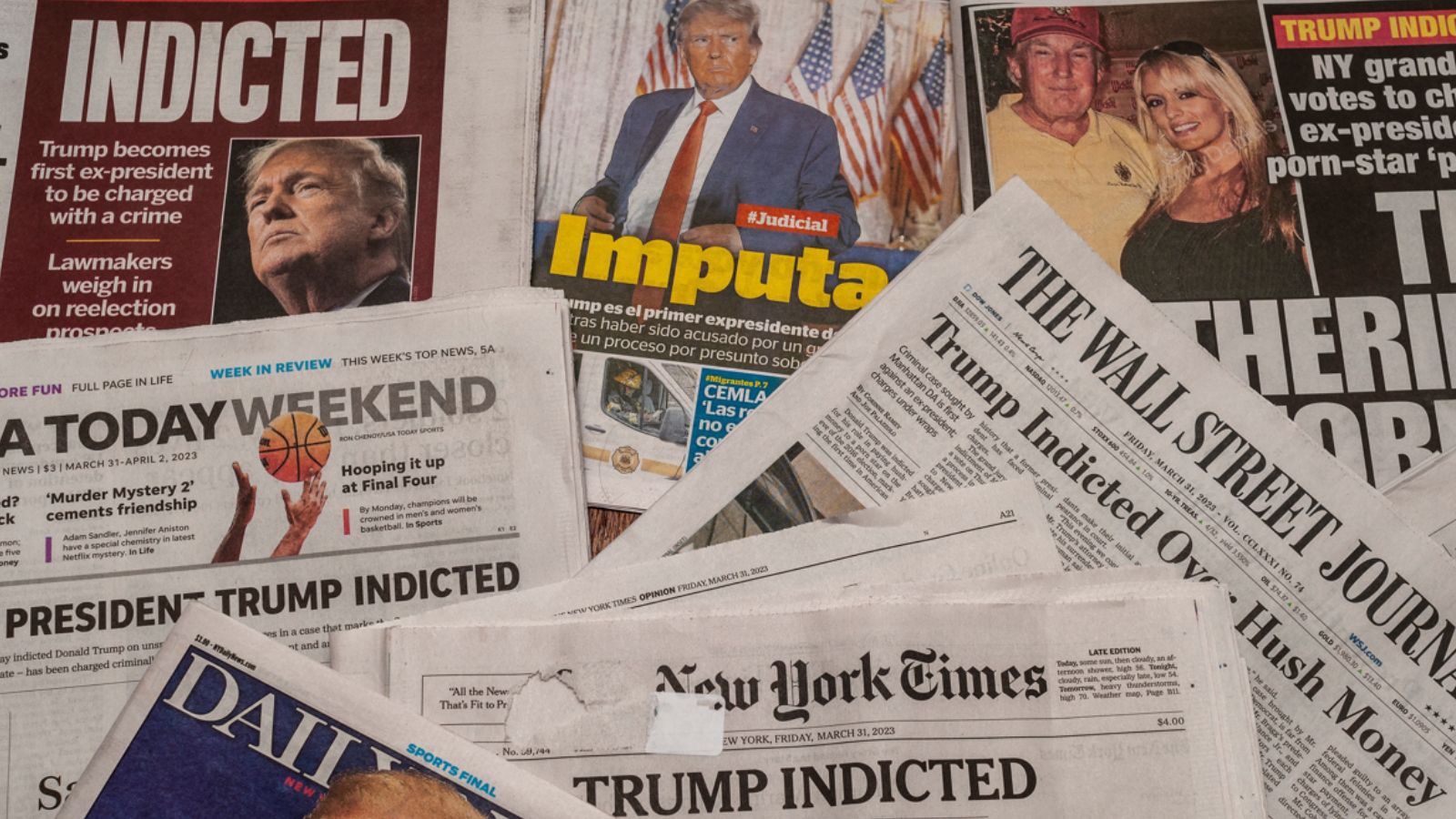
Trump’s indictment on charges related to obstructing official proceedings further bolsters the argument for his disqualification, aligning with Section Three’s criteria.
Misconceptions and Section Three

Contrary to misconceptions, the Disqualification Clause isn’t a relic of the Civil War era; it remains relevant and applicable in contemporary politics.
Section Three and Past Presidents

Baude and Paulsen elucidate that the clause isn’t exclusive to the events of January 6; it can potentially apply to other previous offices, including the presidency.
Upholding Constitutional Integrity

Enforcing Section Three serves the crucial purpose of safeguarding the integrity of the Constitution and upholding the sanctity of the democratic process.
The Instrumentality of the Disqualification Clause
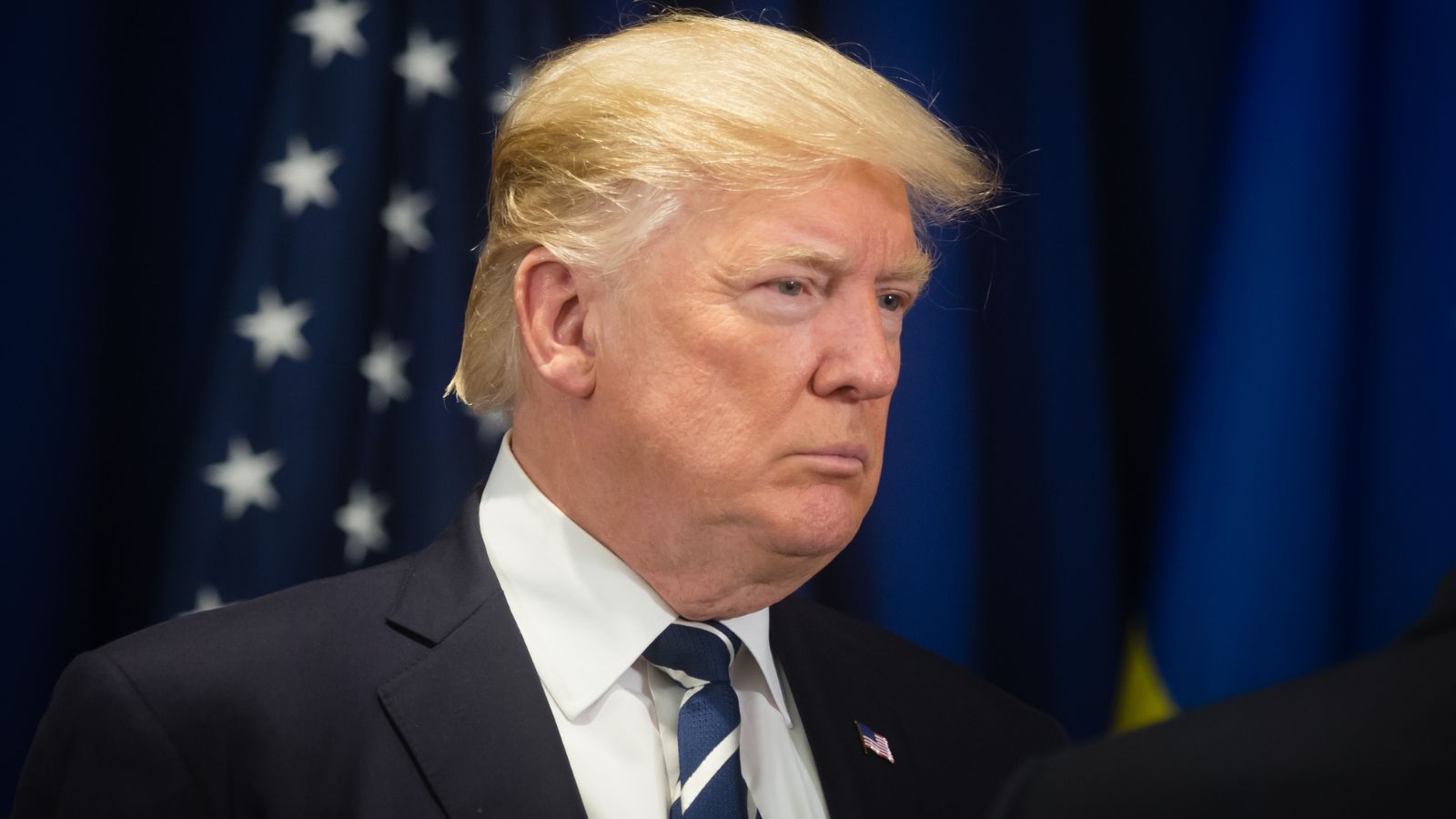
Baude and Paulsen’s legal analysis of Section Three reflects a commitment to preserving the constitutional order and promoting accountability, aiming to prevent Trump and others from re-entering public office.
Promoting Constitutional Accountability

The Disqualification Clause, as emphasized by Baude and Paulsen, stands as an essential tool in holding individuals accountable for actions against the constitutional order.
Upholding Oaths and Ongoing Responsibility

The commitment to upholding the oath taken by officials when assuming public office stands as a testament to their ongoing responsibility towards the Constitution.
The Oath of Presidency

Regardless of political affiliation, every President commits to safeguarding and upholding the Constitution, making the enforcement of Section Three a matter of constitutional duty.
Constitutional Duty vs. Partisan Motivations

The enforcement of Section Three isn’t driven by partisan motives but by the necessity to maintain the sanctity of the Constitution, setting a precedence for future leaders.
Legal Ramifications and Preventing Future Incidents

By implementing Section Three, Baude and Paulson argue, future attempts to undermine the constitutional order can be deterred, ensuring the preservation of democratic norms.
Section Three: Beyond Trump

The application of Section Three extends beyond Trump, illustrating its relevance in maintaining constitutional integrity for future leaders and public officeholders.
Looking Ahead: Section Three’s Continued Relevance
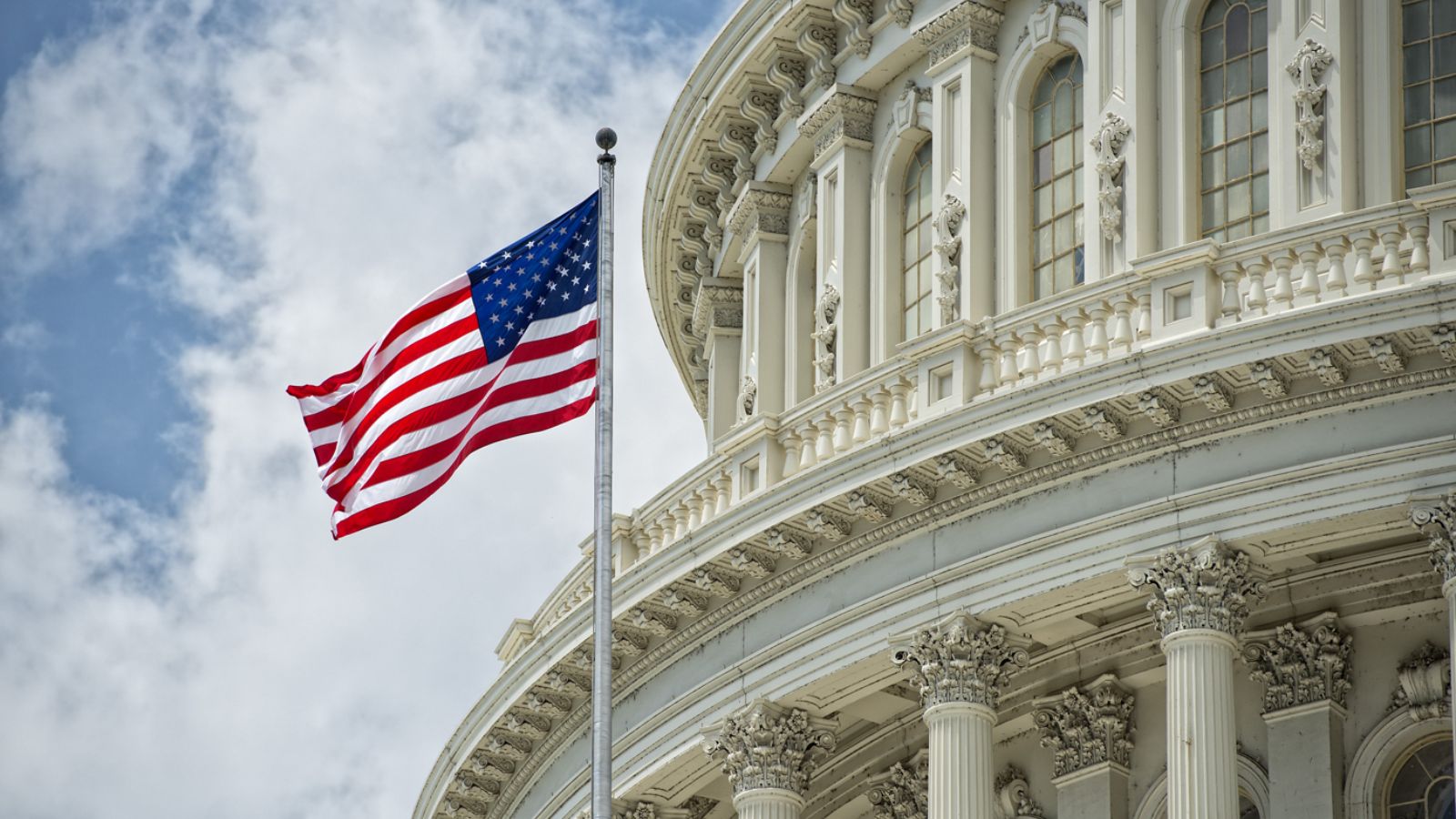
As legal scholars advocate for the enforcement of Section Three, it remains an imperative aspect in promoting accountability and preserving the sanctity of the U.S. Constitution. The Disqualification Clause within the 14th Amendment, as meticulously outlined by legal experts Baude and Paulsen, stands as a crucial mechanism for upholding accountability and protecting the constitutional fabric of the United States, transcending partisan interests in the pursuit of constitutional integrity.
Terrifying Prospects: 12 Moves Trump Could Unleash If Re-elected in 2024

Terrifying Prospects: 12 Moves Trump Could Unleash If Re-elected in 2024
21 Things MAGA Followers Permanently Destroyed For Everyone Else

21 Things MAGA Followers Permanently Destroyed For Everyone Else
America’s 15 Most Miserable States Revealed: Data Shows Places You Don’t Want to Live

America’s 15 Most Miserable States Revealed: Data Shows Places You Don’t Want to Live
12 Ways the World Suffered from Trump’s Reckless Moves

12 Ways the World Suffered from Trump’s Reckless Moves
Trump’s Hit List: 18 Brands That Incited the Wrath of the Former President

Trump’s Hit List: 18 Brands That Incited the Wrath of the Former President













